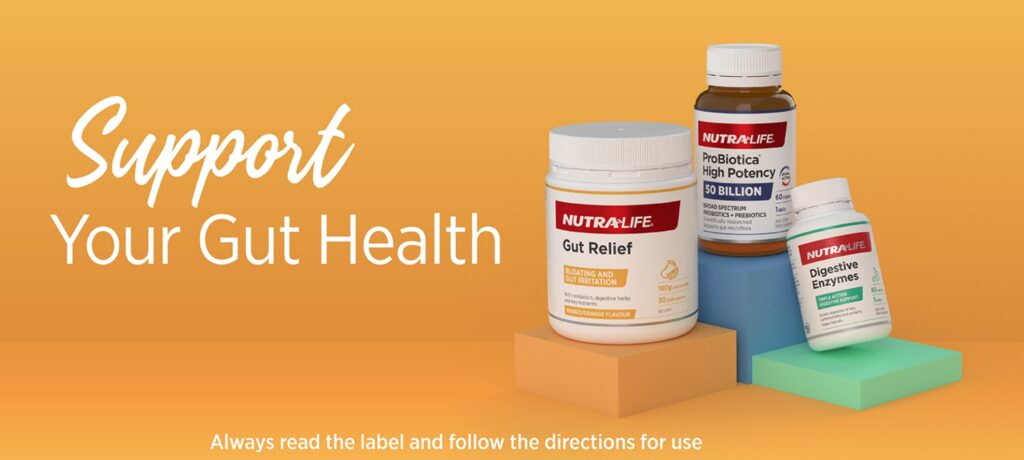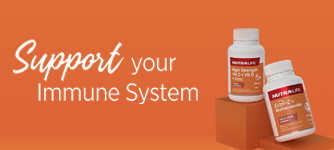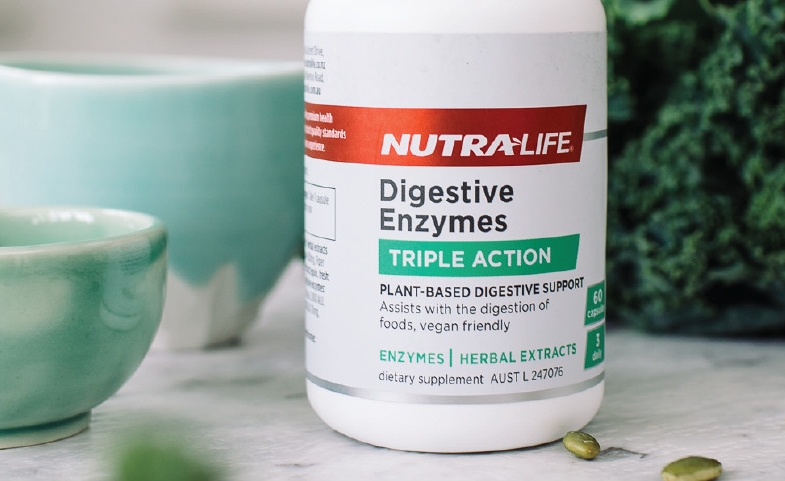An enzyme is a type of protein with a very specific purpose – to transform one type of molecule in your body into a different one. When it comes to digestion, this involves breaking down the macronutrients (carbohydrates, proteins and fats) in your food into smaller molecules that your body can immediately use.
Almost all of your digestive organs produce some kinds of digestive enzymes, each of which breaks down a different type of molecule. Your stomach and pancreas produce most of the digestive enzymes in your body, but the saliva in your mouth also contains some – as do secretions in your small intestine. And regardless of where in your digestive tract any particular macronutrient gets broken down, an enzyme will finally transform it into something your body can use.That means that good levels of each enzyme are a must to get the most from the food you eat.
Different enzymes break down different macronutrients
Your body produces a vast number of different individual enzymes, each of which is most often named for the molecule it breaks down, plus an “-ase” on the end. To keep things simple, these enzymes are generally grouped together into three overarching categories:
- Proteases: these enzymes help to break down protein molecules into simple amino acids and peptides (amino acid chains). Your body uses these peptides and amino acids as building blocks for the various compounds it creates to keep you healthy and functioning.
- Lipases: these enzymes help to break fat molecules down into chains of fatty acids and glycerol. Your body uses the fatty acids as building blocks for other compounds it needs, and the glycerol for energy storage.
- Amylases: these enzymes help to break complex carbohydrate molecules down into sugars like maltose and sucrose. At this point, you need a second enzyme, e.g. maltase to break down the maltose or sucrase to break down the sucrose. The end result is then glucose, which your body can directly use for energy.
Other specific enzymes you may hear nutritionists talk about include:
– Lactase and Tilactase, which break down lactose, the sugar found in milk.
– Bromelain, which is a type of protease that’s naturally found in pineapples.
– Papain, which is a different type of protease that’s naturally found in papaya.
What affects your natural enzyme levels? In a perfect world, your body would produce all the digestive enzymes it needs. However, sometimes in reality, our digestive systems can use a little enzyme support. This can be for a variety of reasons, including:
- Bad eating habits: as with any other compounds your body creates, it needs basic raw materials to work with. A diet that’s low in the nutrients your body uses to produce enzymes will probably result in less of those enzymes being produced.
- Stress: when your body creates its “fight-or-flight” stress response, several things happen on a biochemical level. Nutrients and blood get redirected from areas that aren’t immediately essential for survival – like your digestive system – to more relevant areas like your muscles, heart and brain. That means repeated, ongoing stress can also affect your ability to produce digestive enzymes
- Aging: as you get older, your body will naturally create less of certain enzymes.
So if any of these situations are true for you, you might benefit in using digestive enzymes supplements.
How to get these enzymes
If you’d like an enzyme top-up, Nutra-Life has a special triple-action formula that combines six different enzymes with digestion-supporting herbs in one convenient vegetarian capsule.
Each capsule provides:
- Amylase
- Protease
- Lipase
- Tilactase
- Papain
- Bromelain
All the enzymes are sourced purely from plants, making Nutra-Life Digestive Enzymes suitable for both vegans and vegetarians.










